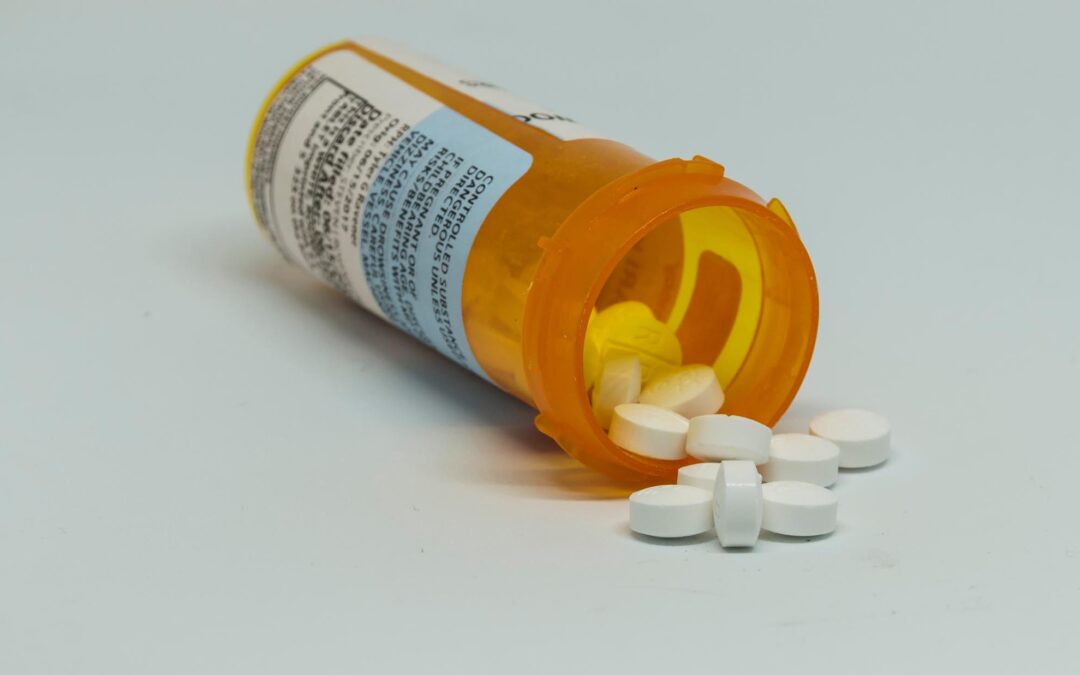What is Narcotics Anonymous (NA)?
Struggling with addiction to drugs? You’re not alone. Millions of people worldwide find support and a path to recovery through Narcotics Anonymous (NA). NA is a globally recognized, non-profit fellowship that provides a safe space for individuals struggling with any form of substance use disorder (SUD). Unlike professional treatment programs, NA is a peer-support group based on the 12-step model. Members share their experiences, offer encouragement, and hold each other accountable in their pursuit of abstinence-based recovery. This article provides a comprehensive overview of NA, its core principles, and how it can benefit your long-term recovery journey.
A Brief History of Narcotics Anonymous
NA’s story began in 1953 in California. Inspired by the success of Alcoholics Anonymous (AA), a recovering addict named Jimmy Kinnon sought a similar support system specifically tailored for those struggling with drug addiction. The first NA meeting was held in Los Angeles, and the program quickly gained traction across the United States. Today, NA boasts over 70,000 meetings in 144 countries, offering a vital lifeline to countless individuals seeking recovery.
Core Principles of Narcotics Anonymous
NA operates on a set of core principles that foster a supportive and encouraging environment for recovery:
- Unity: Despite diverse backgrounds and drug preferences, members are united in their common desire to overcome addiction. This sense of shared experience can be incredibly powerful during recovery.
- Anonymity: Members can share their experiences openly without fear of judgment or public disclosure. This creates a safe space for honest reflection and vulnerability, which are crucial for healing.
- Selfless Service: Helping others is a cornerstone of NA. By sponsoring newer members and sharing their experiences, individuals strengthen their own recovery while offering valuable support to others. This act of service can be incredibly rewarding and reinforces the concept that helping others helps yourself.
- Spiritual Focus: While not a religious program, NA encourages a higher power concept to guide members on their path to recovery. This can be a traditional deity, a sense of purpose, or a belief system that provides strength and hope. Ultimately, the focus is on finding something larger than oneself for guidance.
The 12 Steps of Narcotics Anonymous
NA’s foundation lies in the 12 Steps, a set of guiding principles that outline a path to lasting sobriety. These steps encourage members to:
- Admit that they are powerless over their addiction and their lives have become unmanageable.
- Come to believe that a power greater than themselves can restore them to sanity.
- Make a decision to turn their will and their lives over to the care of God as they understand Him.
- Make a fearless and moral inventory of themselves.
- Admit to God, to themselves, and to another human being the exact nature of their wrongs.
- Be entirely ready to have God remove all these defects of character.
- Humbly ask God to remove their shortcomings.
- Make a list of all persons they have harmed and become willing to make amends to them all.
- Make direct amends to such people wherever possible, except when to do so would injure them or others.
- Continue to take personal inventory and when wrong promptly admit it.
- Seek through prayer and meditation to improve their conscious contact with a higher power, praying only for knowledge of God’s will for them and the power to carry that out.
- Having had a spiritual awakening as the result of these steps, they try to carry this message to addicts, and to practice these principles in all their affairs.
It’s important to understand that the 12 Steps are a suggested framework, not a rigid set of rules. Members work through them at their own pace with the guidance of sponsors and other experienced members.
How Narcotics Anonymous Can Help You
NA offers several unique benefits for individuals seeking recovery from SUD:
- Connection and Support: NA meetings provide a sense of belonging and connection with others who understand the challenges of addiction. Sharing experiences and offering encouragement fosters a supportive environment that can be crucial for sustained recovery. You’ll find individuals at all stages of recovery, offering inspiration and hope for your own journey. Hearing success stories from others who have overcome similar struggles can be incredibly motivating.
- Accountability: The act of sharing your struggles and goals with others creates a sense of accountability that can be a powerful motivator to stay on track. Sponsors, more experienced members who provide personalized guidance, also play a key role in holding individuals accountable for their recovery efforts. This external accountability can be a vital missing piece for those struggling to maintain sobriety on their own.
Finding Your First Meeting and Getting Involved
Ready to take the first step towards recovery with NA? Here’s how to get started:
- Meeting Finder: Utilize the NA website’s user-friendly meeting finder tool (https://www.na.org/meetingsearch/) to locate meetings in your area. You can search by zip code, day of the week, and meeting type (open or closed).
- Open vs. Closed Meetings: Open meetings welcome anyone interested in learning more about NA, including family and friends of addicts. Closed meetings are for individuals with a desire to stop using drugs.
- Reach Out: Don’t hesitate to contact your local service center or a helpline for additional information and support.
The Role of Sponsorship in NA Recovery
One of the most valuable aspects of NA is the sponsorship system. Sponsors are experienced members who offer guidance and support to newcomers on their recovery journey.
- Finding a Sponsor: Look for someone you feel comfortable with and who seems to have a program of recovery you admire. You can ask experienced members for recommendations or approach someone whose story resonates with you after a meeting.
- Sponsor’s Role: A sponsor can provide emotional support, help you work through the 12 Steps, and offer practical advice on navigating challenges in early recovery.
Relapse Prevention with NA
Relapse is a common occurrence in addiction recovery. NA provides a supportive network to help you cope with cravings and prevent relapse:
- Relapse Prevention Tools: Meetings offer a safe space to share your struggles and receive encouragement from others who understand.
- Sponsorship Support: Your sponsor can be a valuable resource during times of temptation, offering guidance and helping you develop coping mechanisms.
- 12-Step Focus: The 12 Steps emphasize the importance of ongoing personal inventory and seeking help when needed.
Remember, relapse doesn’t signify failure. With the support of NA and continued commitment to your recovery program, you can get back on track.
Beyond NA: A Holistic Approach to Recovery
While NA offers invaluable support, a comprehensive recovery plan often involves additional resources:
- Professional Treatment: Consider seeking professional treatment from a therapist or addiction specialist to address the underlying causes of your addiction and develop personalized coping strategies.
- Detoxification: If needed, medically supervised detoxification can safely manage withdrawal symptoms.
- Support Groups: Explore other support groups that address specific needs, such as co-occurring mental health conditions.
The most important takeaway is that recovery is a journey, not a destination. NA provides a powerful foundation for lasting sobriety, but remember, it’s up to you to take an active role in your own healing process.
Conclusion
NA is a beacon of hope for countless individuals struggling with addiction. By offering a supportive community, accountability, and a clear path to recovery, NA empowers individuals to reclaim their lives. If you’re considering NA, take the first step and attend a meeting. You’re not alone on this journey.
Sources
- https://na.org/
- The National Institute on Drug Abuse: https://www.nih.gov/about-nih/what-we-do/nih-almanac/national-institute-drug-abuse-nida
- Substance Abuse and Mental Health Services Administration (SAMHSA): https://www.samhsa.gov/
- lideplayer.com/slide/6055317/
- www.infiniterecovery.com/addiction-recovery/step-4-12-steps-aa-importance-of-4th-step-inventory-how-to-do-it-worksheets-prayers/
- studylib.net/doc/7696659/deveoping-ethical-behavior—the-association-of-law-teachers
Please note: While this article provides an overview of NA, it’s not a substitute for professional medical advice. Always consult with a healthcare professional for personalized guidance on addiction treatment.








